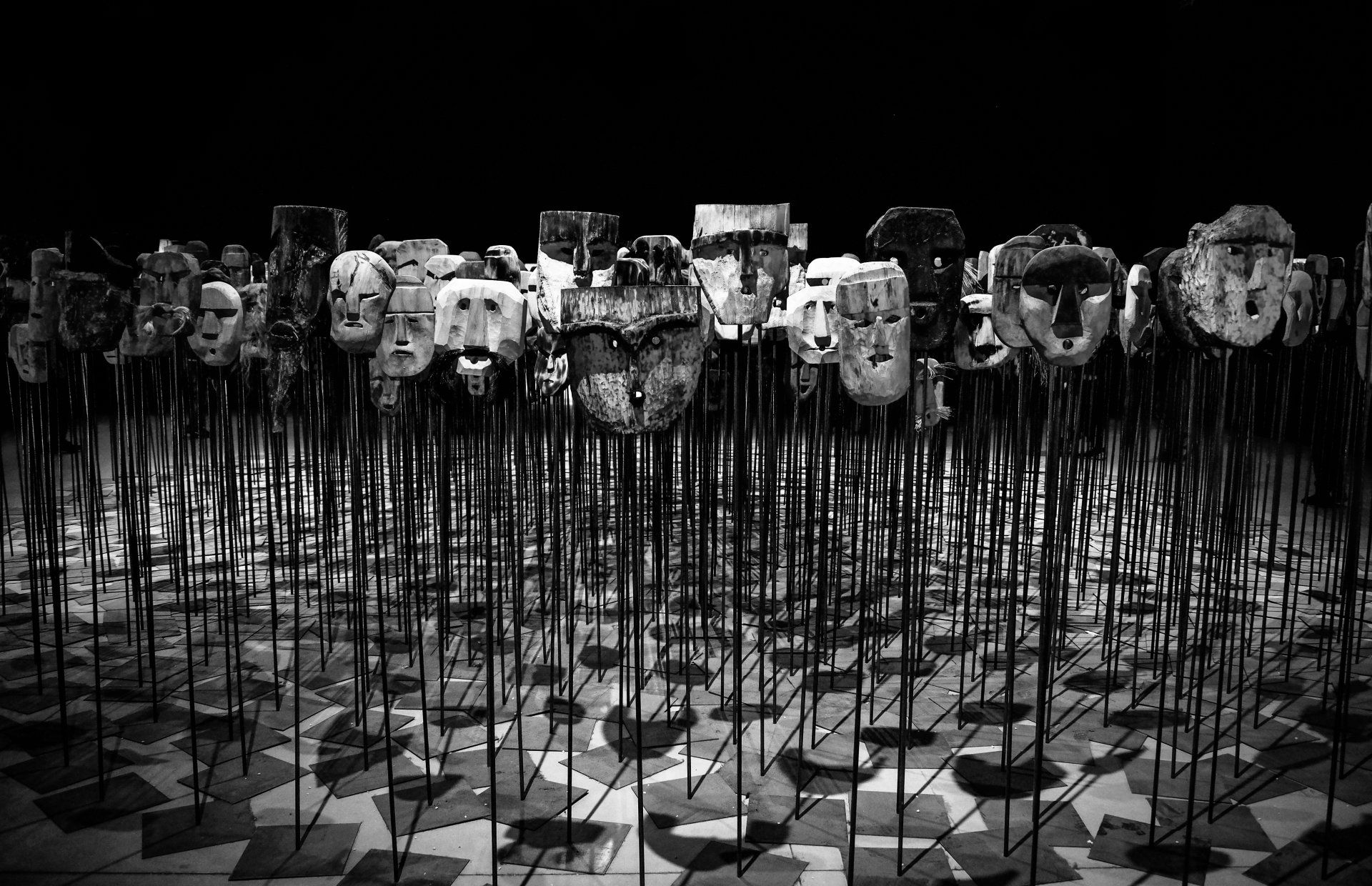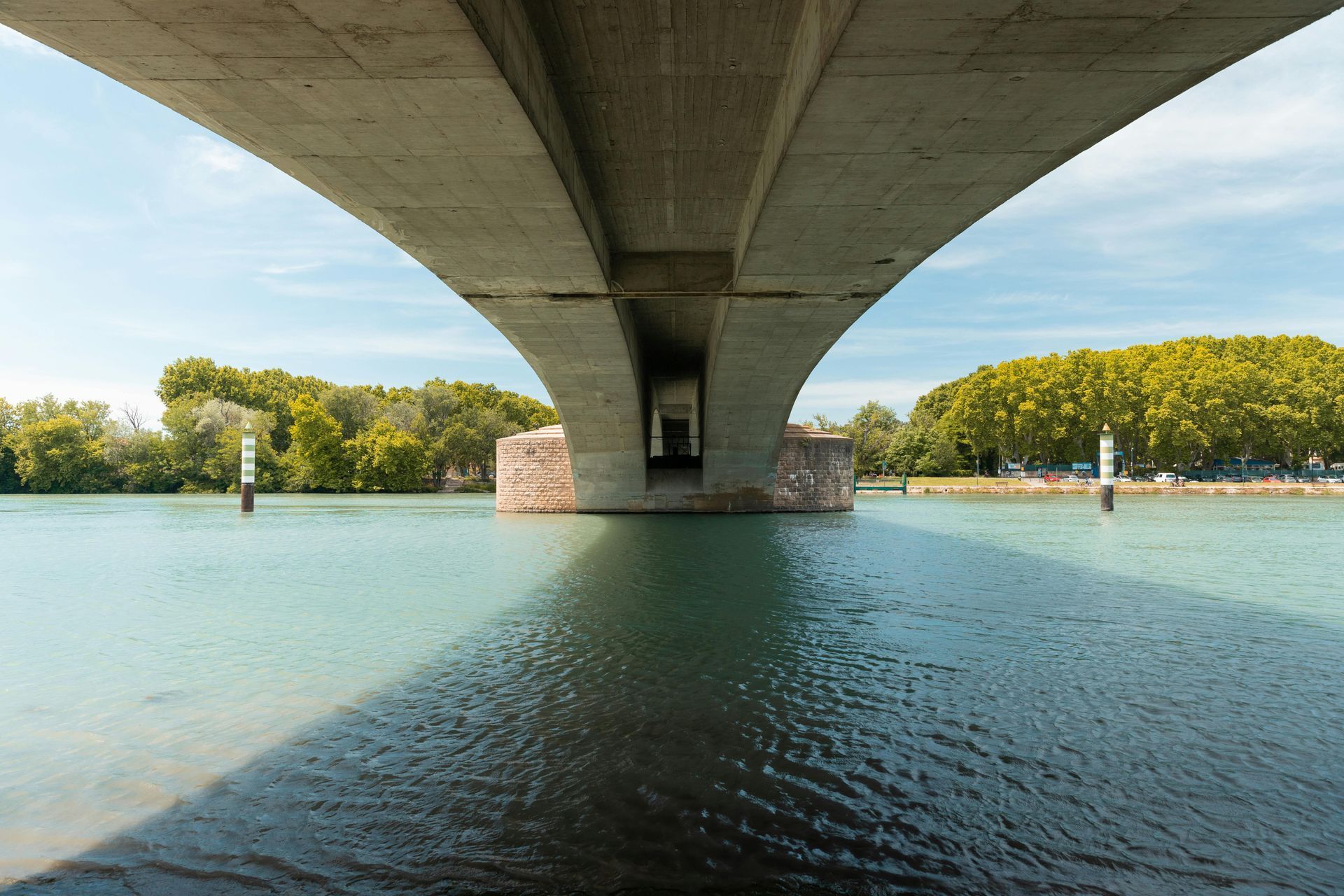Antigone by Jean Anouilh
Discover Antigone, the play by Jean Anouilh
Antigone is the eponymous title of a dramatic play in which a large number of themes confront each other. First written by Sophocles in -442 then reinterpreted at the time of the Occupation of 1944 by Jean Anouilh, this work is certainly one of the most famous in classical literature.
Antigone from the pen of Jean Anouilh
rewriting of Antigone was a great success for various reasons including the fact that he placed the main character at the center of many central themes of society. Whether by attachment, by school memories or by theatrical emotion, many continue to jostle at the doors of the theaters which offer rereadings and reinterpretations of this play. The first performance of Jean Anouilh's rewriting was produced at the Théâtre de l'Atelier in Paris in February 1944. For his work, the playwright chose to conceive it in four acts. He speaks of it thus: "Sophocles' Antigone [...] was a sudden shock for me during the war [...]. I rewrote it in my own way, with the resonance of the tragedy that we were then living."
Indeed, if this play had such a strong impact at that time, it is because it made it possible to highlight a large number of essential themes including the conflict between morality and politics as well as the conflict between generations. Almost 80 years later, the subjects addressed in the play Antigone still seem relevant today.
What is a dramatic play?
To recognize a dramatic play like Antigone, it is necessary to know all the specificities of writing but also of acting. Indeed, if the theater is governed by writing codes, it is still not necessary to forget that the latter aims to be seen. Depending on the plays, their genre, the wishes of the playwright and his time, everything that constitutes a theatrical production changes and is disrupted: number of acts, acting, sets, lights, sounds, etc. .
Aristotle, whom we know for his philosophy, considered the dramatic genre as the best way to set human actions in motion to provide distancing in the service of a fictional experience. This is one of the essential aspects of catharsis. Although a dramatic play may at first glance be veiled in complexities, it is enough to lift the veil to understand that it is in fact a sequence of simple actions and consequences that can be real at first glance. the scale of the human adventure.
So, to establish what we call "plausibility", playwrights like Jean Anouilh must demonstrate significant textual dexterity. They play with gender to make it an instrument of destabilization allowing them to question values and sow trouble.
Jean Anouilh: why do we need to discover his Antigone?
Jean Anouilh's play was controversial in various media but remained mostly well received by its audience as well as the press at the time of the first performances. Its symbolic significance, which reflected a drama of its time, still seemed to allow everyone to see the moral(s) they wanted. This is the whole point of writing: allowing everyone to make the text their own. In that of Antigone, collective impacts can also have personal repercussions; the decision and actions of one or more people that may impact one or more others. Despite the 80 years that separate us from the publication of this play, it is highly possible that anyone can see in it a link with the life we lead today, with the society in which we live and to which we are confronted. And this in several countries around the world.
To experience a cathartic moment as is allowed to experience, the play Antigone by Jean Anouilh extends its arms to you! Find her from September 25 to December 18, 2022 at the Laurette Théâtre de Paris!
















